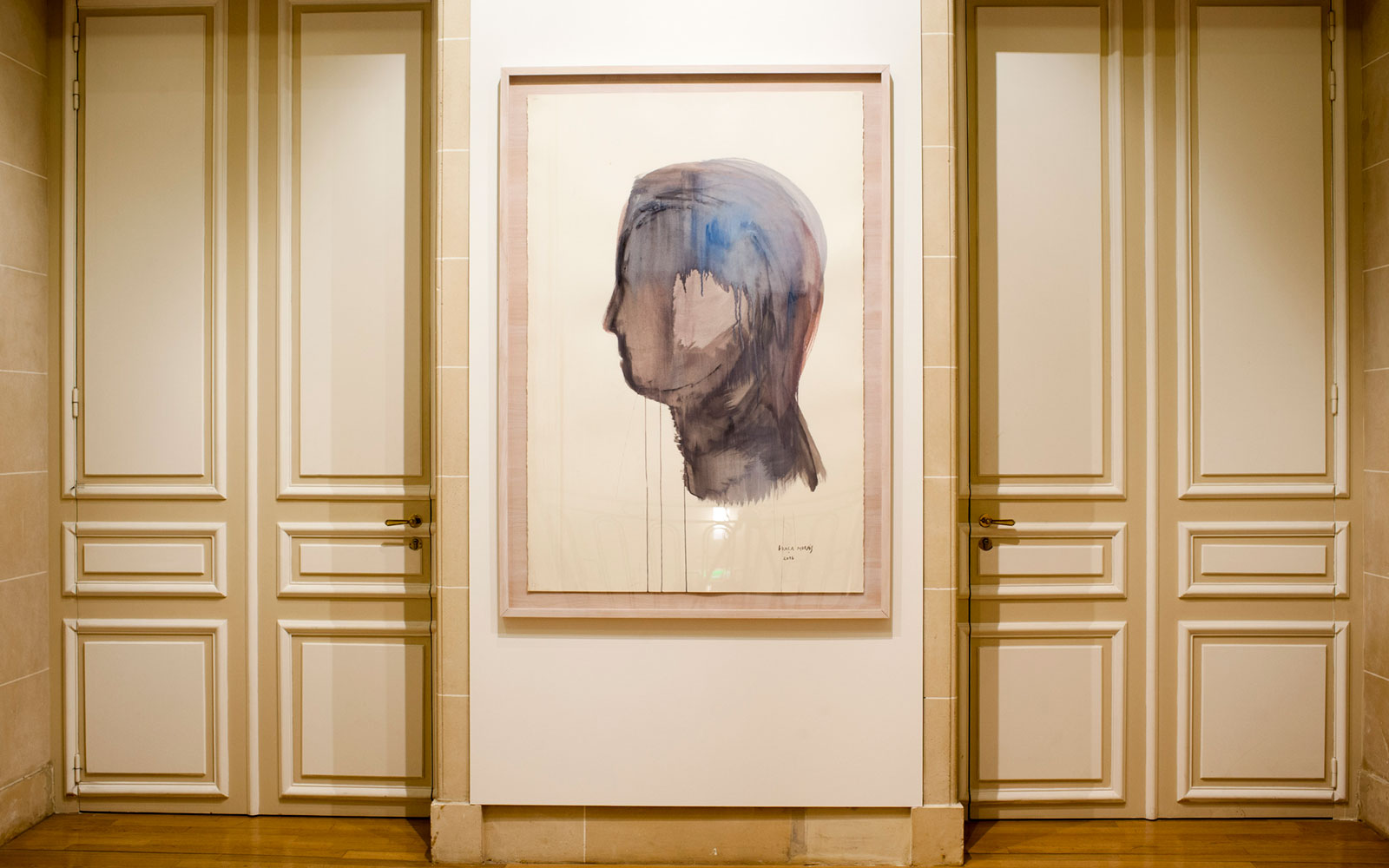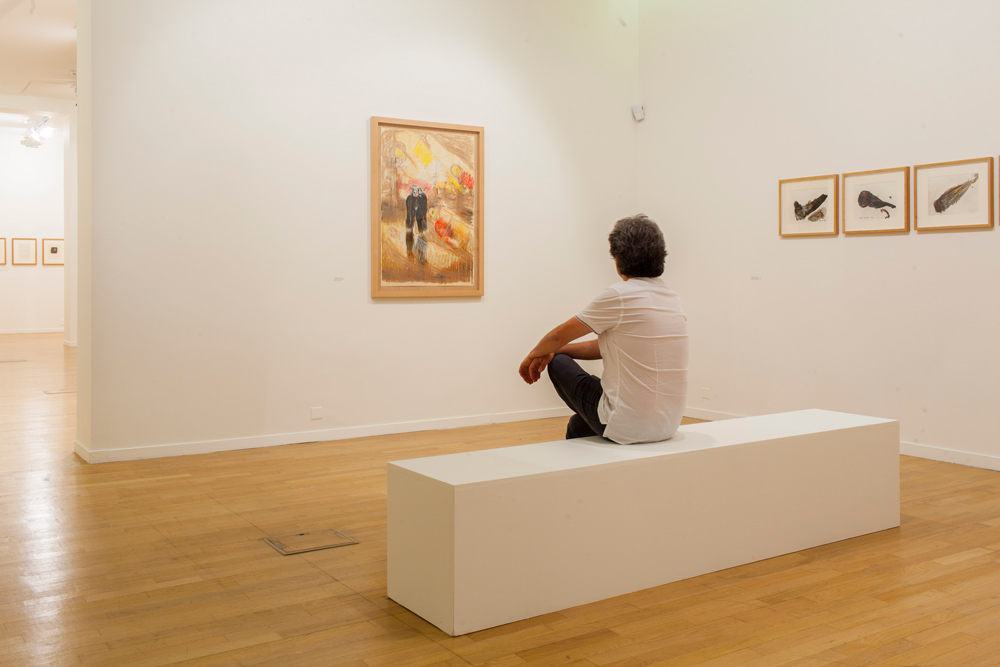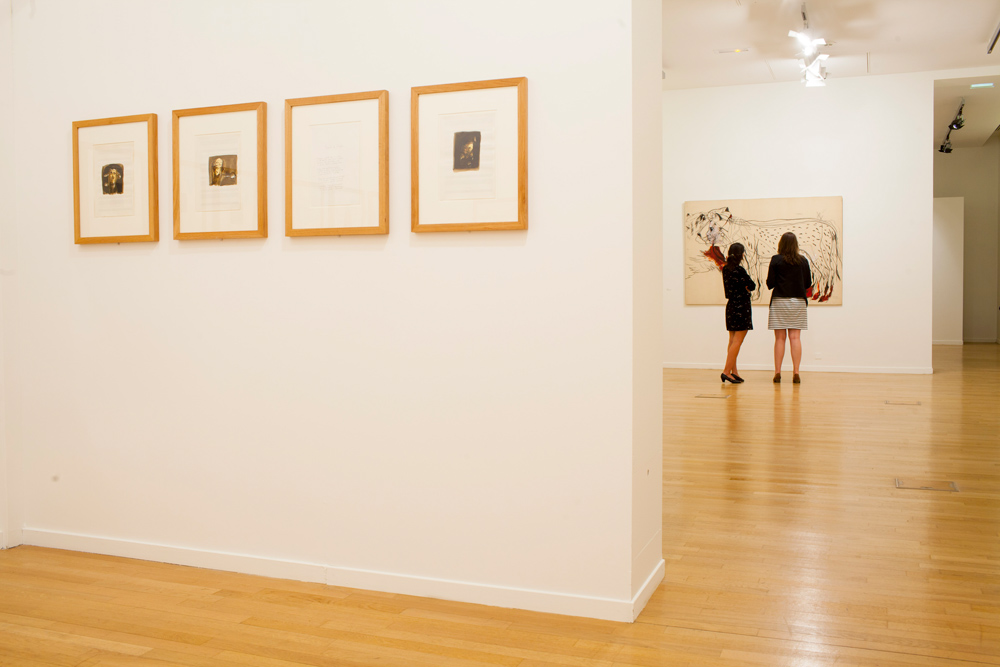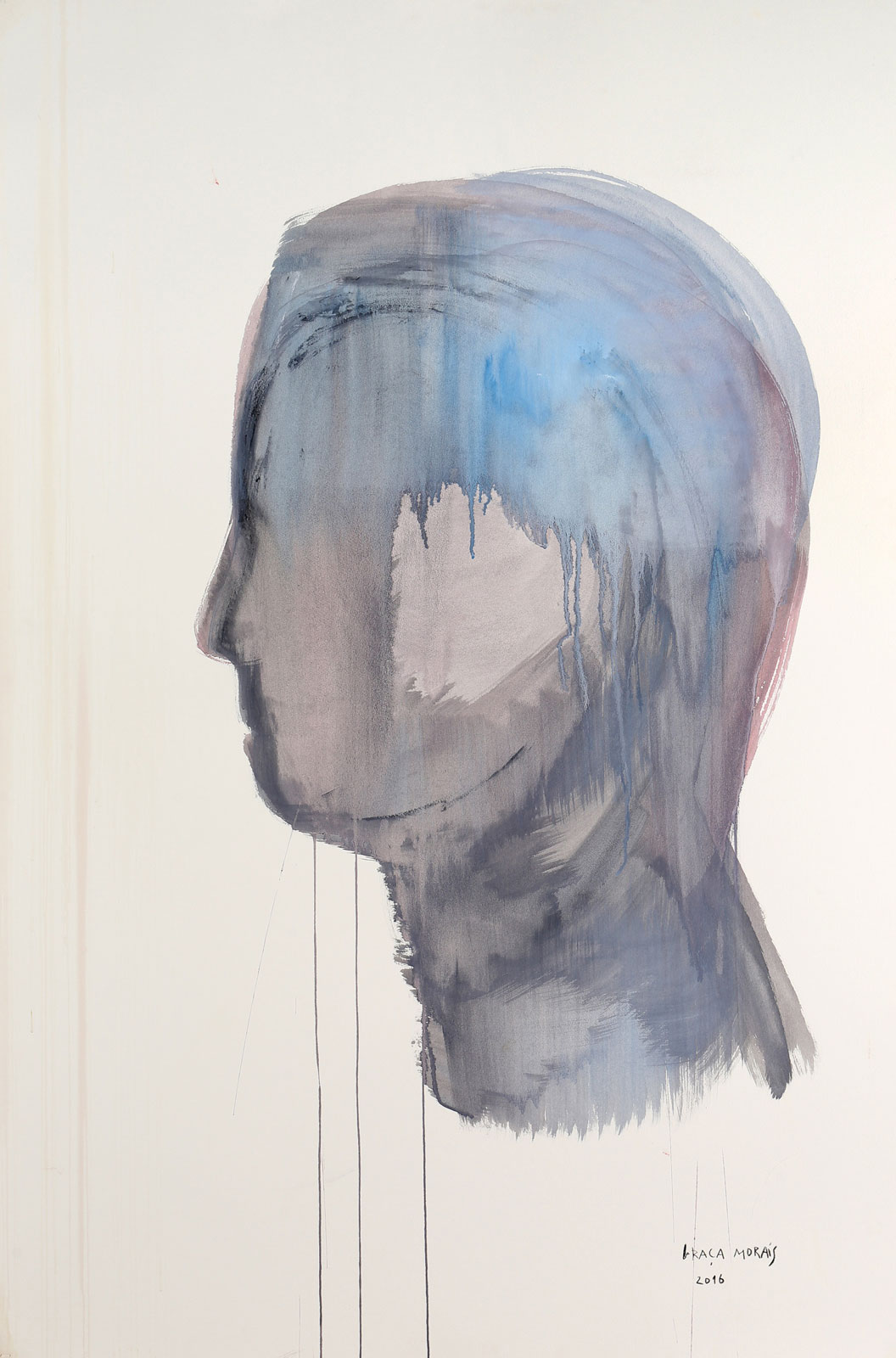The Silent Face

In 2017, between 31 May and 27 October, the exhibition Graça Morais: La violence et la grâce was held at the Calouste Gulbenkian Foundation’s Delegation in France. Dedicated to the work of Graça Morais, this exhibition explored the relationship of her works with literature, particularly with poets and writers who inspired her and who were inspired by her work, such as Agustina Bessa-Luís, Miguel Torga and Sophia de Mello Breyner. This relationship with poetry emerged from a set of drawings by the artist, works that reflect her own life story.


In the collection of works on display, most of them drawings, Graça Morais deals with a common theme in her work: the relationship between nature and the individual, which manifests in anthropomorphic figures, often still in a process of metamorphosis. The female figure is, meanwhile, a constant element in the work of the artist, who frequently evokes the women from the village where she grew up and their work in the fields.
In another dimension of these faces that inhabit the work of Graça Morais, we also see another reality, that of fear, hunger, escape and war. They are the faces of women and men who the artist comes across in the news and whose suffering she conveys in her work, images that haunt us on a daily basis – especially nowadays. In O Rosto Mudo [The Silent Face], a drawing from 2016, there is no recognisable theme or body, the face we see no longer has an identity or gender; it could be any one of us.

This large-scale drawing featured in the final room of the exhibition, in a prominent position, and also featured on the cover of the exhibition catalogue. It is now part of the CAM Collection, having been donated by the artist, joining a set of important works from Graça Morais’s artistic career.
Maria Carolina da Cruz
Researcher